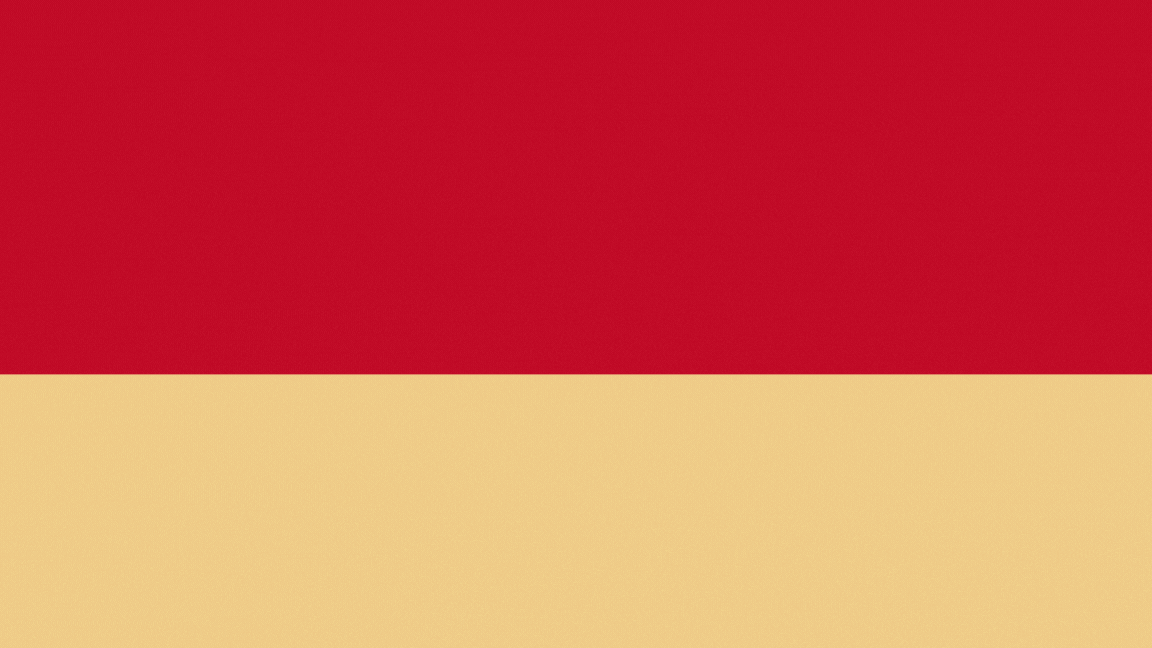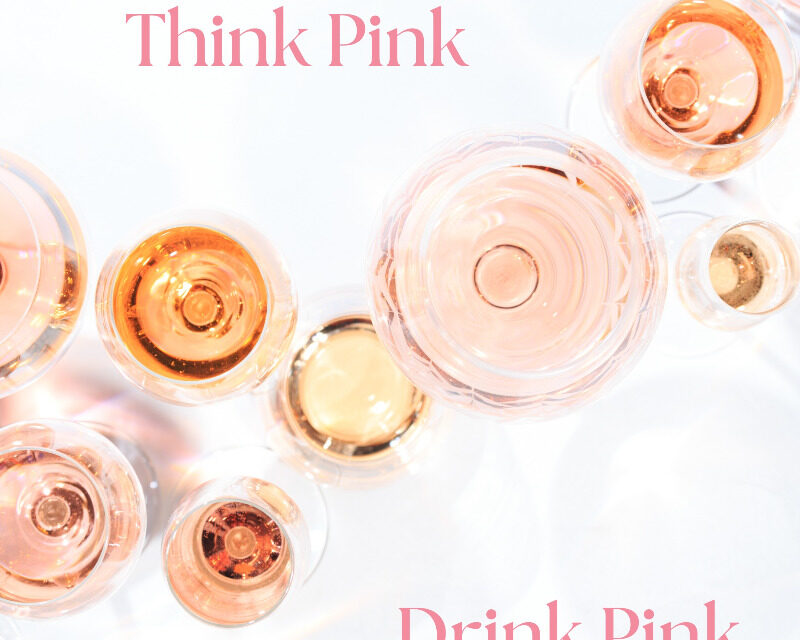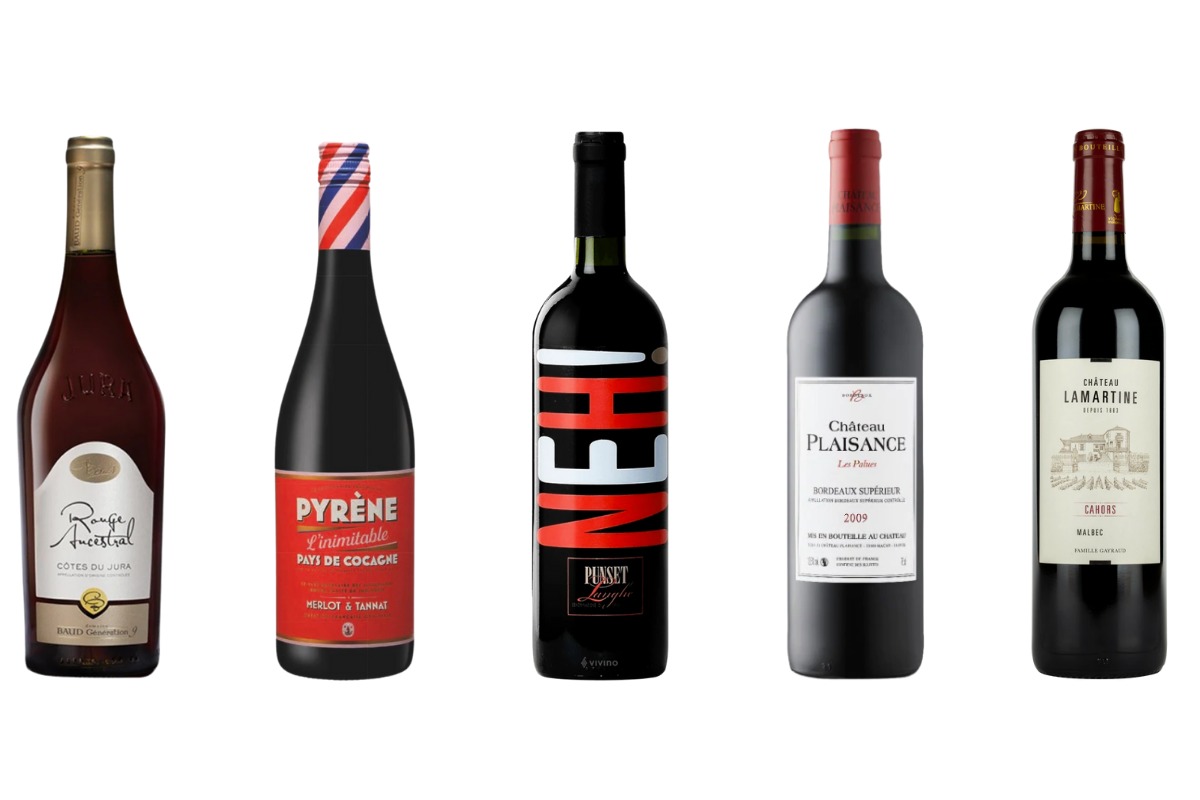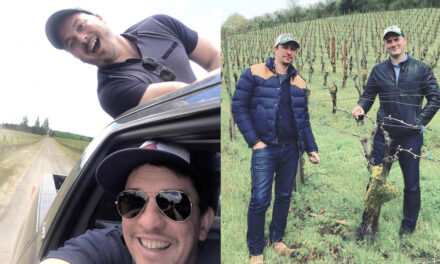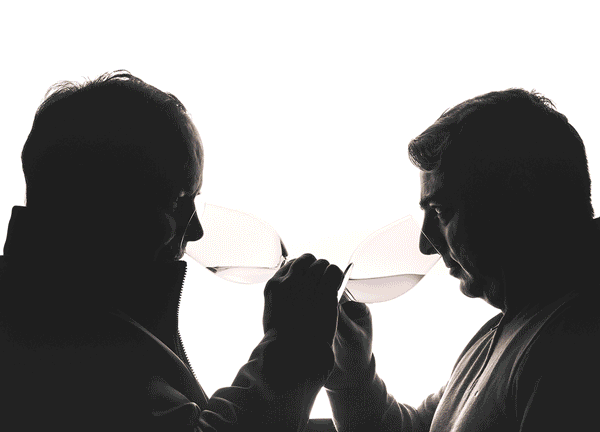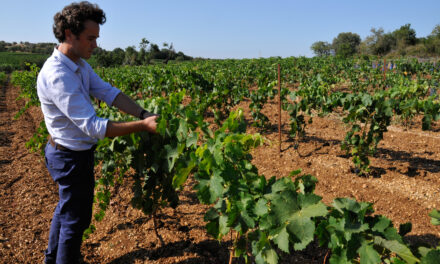It’s rosé season, and we’re fully stocked with all the shades of pink. From fresh, fun cans to serious, dry rosés, and from rosé champagne up to party-ready magnums, we have rosés for all tastes and times.
Domaine Montrose Solis Lumen Rosé 2021, Pays d’Oc, Languedoc, France.
$8.50 / 250ml can (24 / case)
Solis Lumen Rosé is an organic project from Domaine Montrose, using Grenache and Cinsault from contract winegrowers, packaged in lightweight glass, and recyclable cans. Pouring a pale pink hue, this slight pink carries wild strawberries, raspberries along a light, dry, lees-licked palate, with ample orange rind and citrus blossoms. Such a pretty, charming pink, ready for cracking now.
Weingut Tinhof Rosé 2022, Burgenland, Austria.
$25 / 750ml (12 / case) or $51 / magnum (6 / case)
From Burgenland’s Eisenstaedter vineyard, this organic Blaufrankisch is from vines 34-49 years old, rooted in calcareous clays and gravels, at 180-220m. It was native fermented in steel, where it remained for a brief time on lees before bottling. The delicate pink hue is mirrored with the delicate blossoms opening the palate, followed by crunchy and fresh pink grapefruit, perfumed Asian pear, tangerine, all lit with a buzzy energy running the length of this sleek, bone dry pink. A beauty, and bonus to find it in a magnum, summertime ready.
Podere 414 Flower Power Rosato 2022, IGT Toscana, Italy.
$21 (12 / case)
Podere 414 is a certified organic estate with 13ha of vines, situated in western Tuscany, straddling a river near the town of Scansano. This charming, dry roasto of early-harvested Sangiovese was fermented cool in stainless, where it remained until bottling in spring 2022. Pale salmon hue, this streams wild strawberries, crunchy cherry, and stony notes along a sleek, bright frame, with savoury swings of earthy lees keeping this interesting.
Cap Classique Pieter Ferreira 2015, WO Western Cape, South Africa
$77 (6 / case)
With Pinot Noir from Robertson (82%) and Stanford (18%) and the regions’ decomposed granite, and Table Mountain sandstone, this was a whole bunch pressed after a brief maceration to create the glowing salmon hue. The juice was fermented in stainless steel before heading to the bottle for a minimum of 72 months on lees. My bottle was disgorged in September 2021, with 3.85 g/L RS. Spiced raspberry, cherry, meringue floods the expansive palate, held in check with a lashing of lemon pith/peel and lingering with cherry leather on the lengthy, spiced finish. Red fruit-forward, to be sure, but with finesse and elegance throughout. A worthy protein partner.
1701 Franciacorta Rosé 2018, Lombardia, Italy
$84 (6 / case)
1701 Franciacorta is a 10 hectare biodynamic certified estate, the first and only certified biodynamic producer in the Franciacorta region. This Pinot Noir was briefly macerated on the skins, before native ferment in stainless, and a minimum of 30 months on lees in bottle. Zero dosage. Tight and buzzy, with sultry spices and fragrant sandalwood mixing with morello cherry, and wild raspberry, stretching long on the palate. A structural, serious rosé, ready for food.
Champagne Leclerc Briant Rosé Extra Brut NV, AOC Champagne, France.
$99 (6 / case)
This rising star of biodynamic champagne has roots that go back generations. Lucien Leclerc founded the winery with four hectares of vineyards in Cumières in 1872. The business moved to Épernay in 1955 when Bertrand Leclerc married Jacqueline Briant, founding this négociant firm. Leclerc Briant was an early adopter of organic practices back in the 1960’s, and was one of the first to bottle single-vineyard Champagnes in the 1970’s. In the late 1980’s, Bertrand and Jacqueline’s son, Pascal, began integrating biodynamic principles and part of the production has been Demeter certified since 2003. Today, enologist Hervé Jestin, known for his biodynamics / bioenergetics oversees the wines of the house and its near 30ha of vines, plus another 20ha of organically farmed contract fruit. The Rosé Brut is labeled NV, but this bottle is from a single harvest (2019), and a blend of 93% Chardonnay (from Chouilly and Montgueux), 7% Pinot Noir (from Les Riceys), native fermented in stainless, with a small amount of the pinot noir fermenting in wood. The cepage rests for two years on lees before being disgorged with 3.5g/L (this lot was disgorged from April 2022). Very red fruited, with pointed cherry, raspberry across a meringue base, shaped with red currant acidity, finishing with an orange twist. The Chardonnay backbone is ever present, but the Pinot Noir has the signature stamp on this wine.
Champagne Gosset Grand Rosé Brut NV, AOC Champagne, France.
$108 (6 / case)
This Grand Rosé is roughly equal parts Chardonnay and Pinot Noir (8% still pinot) sourced from Avize, Ambonnay, Bouzy, Cuis, Pierry, and Rilly. Reserve wines spanning 6-8 years makes up about 15% of the blend, and this was disgorged with 8 g/L. This pours a deep peach hue, and streams with wild raspberry, strawberry, red apple lit with lemon pith across an expansive palate, shimmering with minerality on the finish. Quite sweet fruited, but with ample structure, chill and enjoy with bouillabaisse.
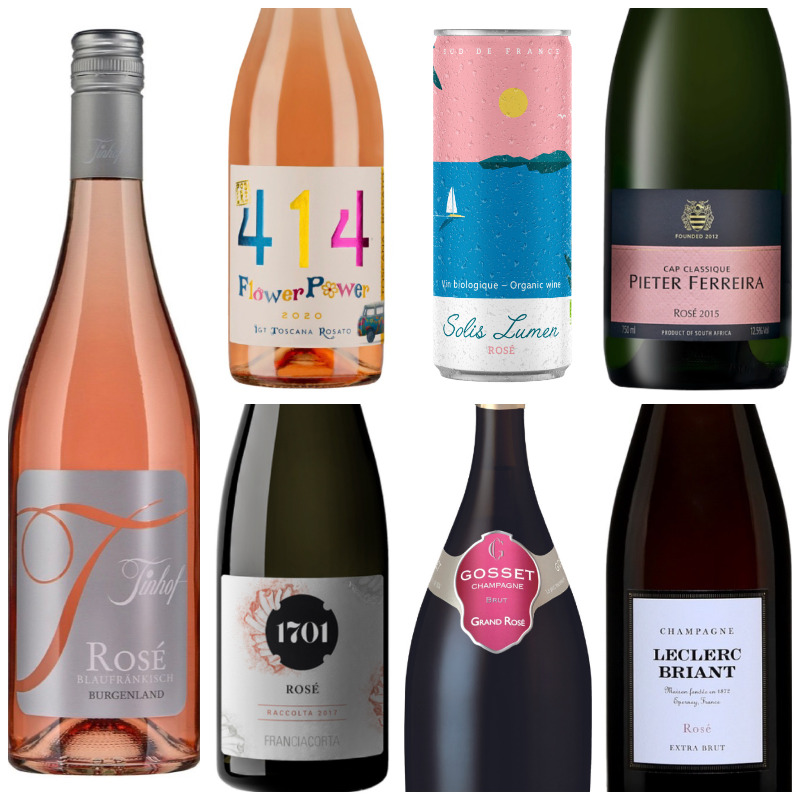
Most of our producers are small, independently owned and operated businesses, like ours. You can view our complete portfolio here. Thank you for letting us share these producers and wines with you.
Cheers,

Le Sommelier
416.603.7026
bernard@lesommelier.com
Le Sommelier is a Good Food Fighter.
Please support the businesses and organizations that support Good Food Revolution.
